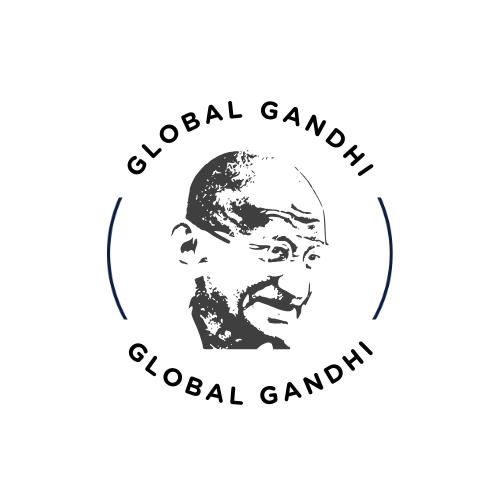Fact Check
Mahatma Gandhi never supported the rights of the Dalits (then referred to as "Untouchables").
Detailed Fact-check:
The claim that Mahatma Gandhi did not support the rights of Dalits (Untouchables) is inaccurate. While his approach to improving the conditions of Dalits was different from that of other leaders like Dr. B.R. Ambedkar, Gandhi remained a staunch opponent of untouchability.
From the early 1920s, Gandhi referred to the Dalits as “Harijans” (Children of God), though this term later became controversial. He made their social and economic upliftment a priority, often risking his own political standing by addressing the issue openly in a society deeply entrenched in caste discrimination. Gandhi’s advocacy against untouchability was deeply linked to his broader vision of Swaraj (self-rule), where freedom and dignity would extend to every individual, regardless of caste.
In 1932, during the Poona Pact negotiations, Gandhi fasted unto death in protest against the British decision to grant separate electorates for Dalits. Though this position created friction with Ambedkar, Gandhi feared separate electorates would deepen social divisions. After the Poona Pact, Gandhi redoubled his efforts to improve the conditions of Dalits, establishing numerous ashrams and advocating for their inclusion in temple entry and public services.
Gandhi’s vision was criticized by some for not going far enough in dismantling the caste system, but he consistently and publicly fought against the practice of untouchability. His efforts contributed to the later legal abolition of untouchability in the Indian Constitution, though the social stigma persisted beyond his lifetime.
Notes and References:
- D.R. Nagaraj, The Flaming Feet and Other Essays: The Dalit Movement in India, (Permanent Black, 2010), pp. 33-38.
- Dennis Dalton, Mahatma Gandhi: Nonviolent Power in Action, (Columbia University Press, 1993), pp. 180-185.
- B.R. Ambedkar, What Congress and Gandhi Have Done to the Untouchables, (Thacker, 1945), pp. 86-93.
- D.G. Tendulkar, Mahatma: Life of Mohandas Karamchand Gandhi, Vol. 5, (Delhi: Publications Division, Ministry of Information and Broadcasting, Government of India, 1961), pp. 215-220.
- CWMG, Vol. 49, pp. 137-141.

